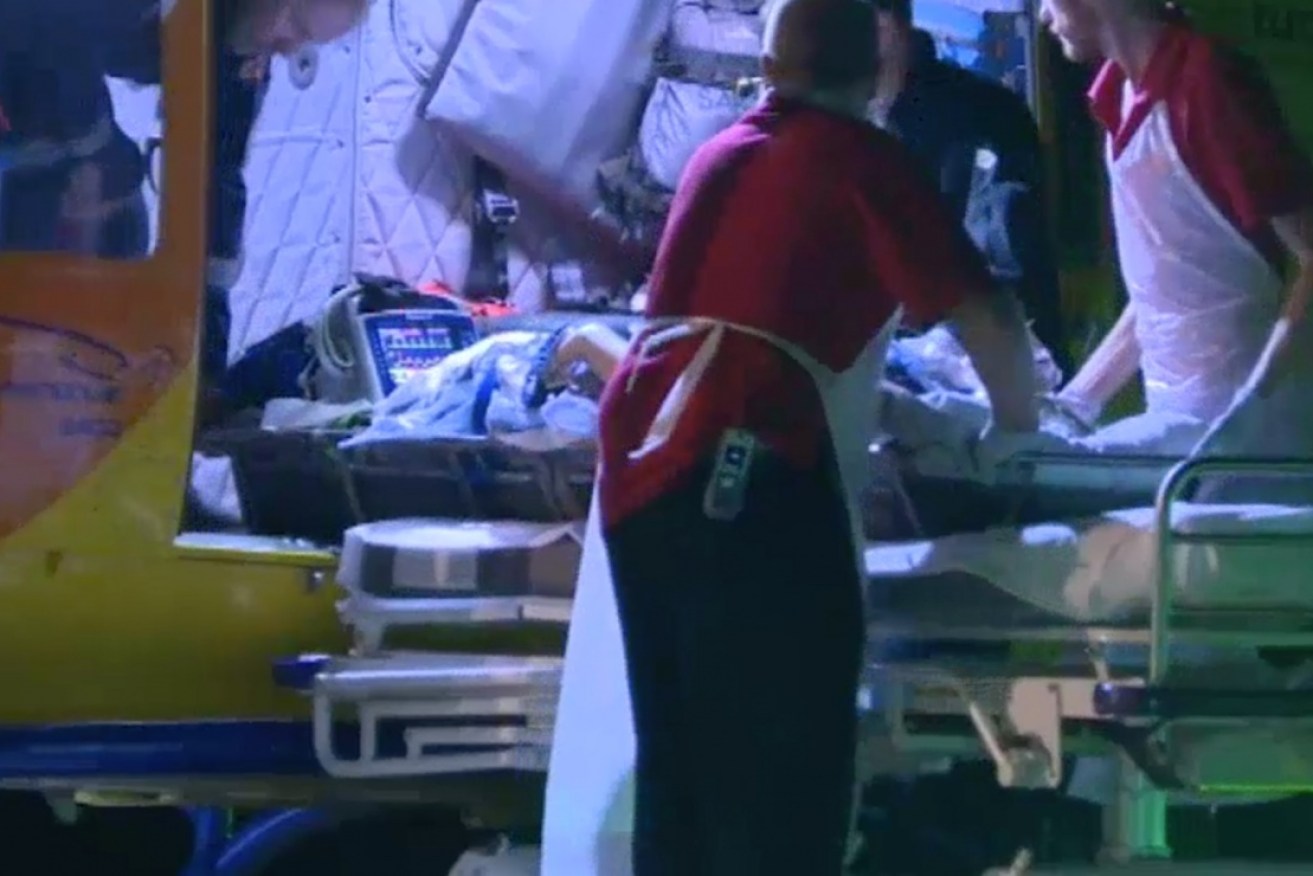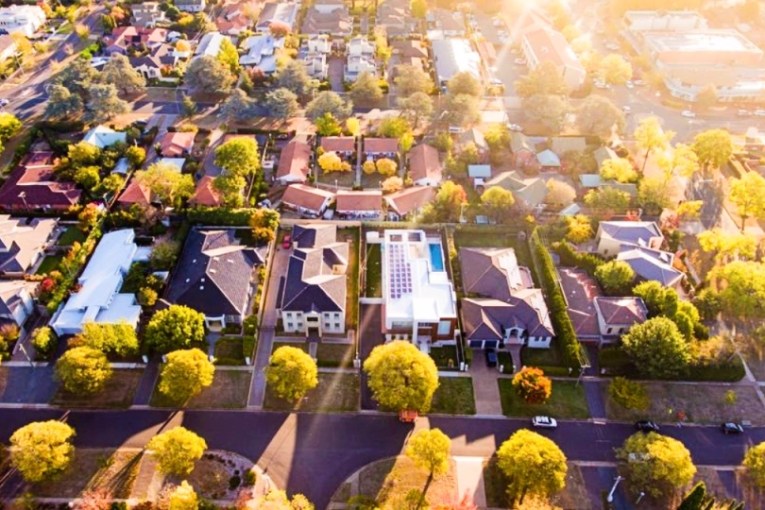Queensland prepares drum lines to capture sharks after two vicious attacks


The 12-year-old shark attack victim is in a serious condition while the other previously wounded Justine Barwick is stable. Photo: ABC
Baited aquatic traps will be sunk in the waters off the Whitsundays to capture the shark or sharks responsible for two bloody maulings in the area in 24 hours.
A 12-year-old New Zealand girl remains in a critical condition after being flown to Mackay Base Hospital with a shark bite to her upper leg on Thursday afternoon.
She was believed to have been holidaying in the Whitsundays with her family when she was attacked. Her rescue came less than 24 hours after 46-year-old Tasmanian Justine Barwick was also horrifically attacked while snorkelling at Cid Harbour.
The Central Queensland Helicopter Rescue Service said said Ms Barwick was alive only because of the quick thinking of friends, with an emergency doctor on a neighbouring boat and the proximity of Queensland’s rescue helicopter.
“I imagine (the victims) weren’t able to be removed from the water straight away, which tells me the shark wasn’t trying to consume them or carry out a prolonged attack,” Dr Chapman told AAP.
RACQ’s CQ Rescue crewman Ben McCauley said Ms Barwick was losing large amounts of blood when she was pulled from the water.
“The shark had taken a huge chunk out of her inside leg and she was bleeding out,” Mr McCauley told the ABC.
“The people on scene who got her aboard that yacht and quickly packed the gaping wound to help stem the haemorrhaging undoubtedly saved her life.”

Justine Barwick is now in a stable condition in hospital in Brisbane. Photo: Nine Network
Ms Barwick was also flown to hospital in Mackay. She has since been transferred to Brisbane, where she is in a stable condition in intensive care.
Bystanders were also the first to attend to the injured girl, who was losing a life-threatening amount of blood.
She was given first aid and then treated by RACQ CQ paramedics at a nearby beach for about 20 minutes before being flown to Mackay. RACQ CQ later released dramatic footage showing paramedics working to save her life.
Vision captured from the @cq_rescue chopper of the mission to rescue the second shark attack victim the Whitsundays. @7NewsBrisbane pic.twitter.com/R5XWzTEvKj
— Joel Dry (@JoelDry7) September 20, 2018
Fisheries authorities are shocked by the double attacks in an area not normally known for them. Bull sharks and tiger sharks are known in the Whitsundays, but the last attack on a person was eight years ago.
Fisheries Queensland said on Friday it would set shark-baiting drum lines in Cid Harbour – where both attacks happened – to try to lure whichever shark species was responsible for the devastating injuries.
Shark control program manager Jeff Krause said it was not usual to hunt for a shark after an attack, but an exception had been made “due to the nature of these multiple attacks”.
The likelihood one rogue shark is responsible for both attacks is almost nil, shark experts say.
Marine Biologist Blake Chapman said it’s more likely the Cid Harbour attacks were a mistake by sharks that had strayed into the area due to changed environmental conditions, such as prey movement.
People should avoid the area while the baiting operation was underway, he said.
But Dr Mark Read from the Great Barrier Reef Marine Park Authority told the ABC that people should not be afraid to visit the Whitsundays.
The likelihood of another shark attack in Queensland was “very, very low”, he said.
Dr Read described the double attacks as “unprecedented”.
“These events are shocking, but it is quite rare to have multiple attacks in one area,” he said.
Warnings on how to reduce risks
However, locals and tourists must be mindful of how to reduce their risks of being attacked.
“In some of these places that people frequent, they might be fishing and might be dropping their food scraps over the side, or the fish,” he said.
“In many ways, this can be attracting the sharks or training the sharks to associate food with people in that area.”
Queensland Ambulance Service Mackay manager of operations Tracey Eastwick said paramedics were horrified at witnessing two similar incidents in such quick succession.
“As you can imagine ,they’re fairly large wounds with artery and bones, (blood) vessels, large haemorrhage,” she said.
“As a community of paramedics, it is quite confronting to have two similar incidents in the space of less than 24 hours.
“The message they wanted to put across was that the first aid provided … has contributed to saving their lives at this point in time,” she said.
-with AAP







